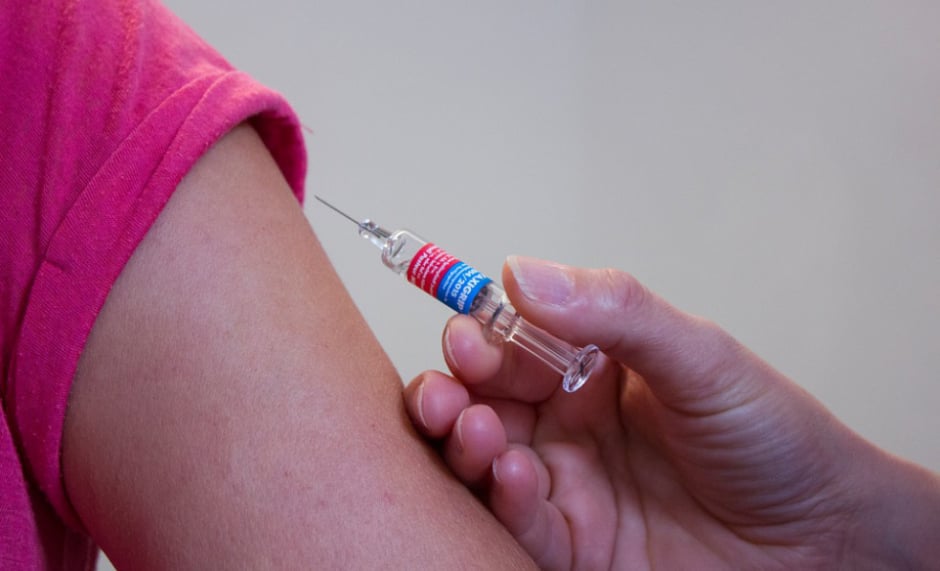DELIVERY of vaccines by means of a skin patch could reduce the need for vaccines requiring needles in less developed countries and presents no side effects. According to the author of this study, Prof Benjamin L. Miller, Professor of Dermatology at the University of Rochester Medical Center, Rochester, New York, “scientists have been studying needle free vaccine approaches for nearly 2 decades;” however, obstacles have previously prevented their use on a large scale.
The protein, claudin-1 prevents leakiness of the skin barrier and low levels of claudin-1 are typically seen in those with eczema. The researchers speculated that this could provide a route for flu vaccines to enter the skin. They were able to identify a peptide which binds and blocks claudin-1 without inducing toxic side effects and combined this with a recombinant flu vaccine to create a skin patch. The patches were applied to mice for 18–36 hours and the water lost through their skin was recorded. The researchers carried out two tests: the first incorporated application of the skin patch followed by a flu vaccine, whilst the second test began with an injection of flu vaccine and then the skin patch was applied.
The researchers found there was a significant immune response in the second test, unlike in the first test, which is most indicative of a real world scenario where the human immune system may be primed to the virus having been exposed to influenza “as young as 6 months of age,” added the authors. No side effects were recorded with the delivery of the skin patch but further research may reveal the appropriate length of time for application of the skin patch. The low costs, absence of side effects and redundancy of needles in this method may provide promise for vaccination in less developed countries. “A patch doesn’t have to be refrigerated, it can be applied by anyone, and there are no concerns about disposal or needles getting reused,” Prof Miller concluded.







